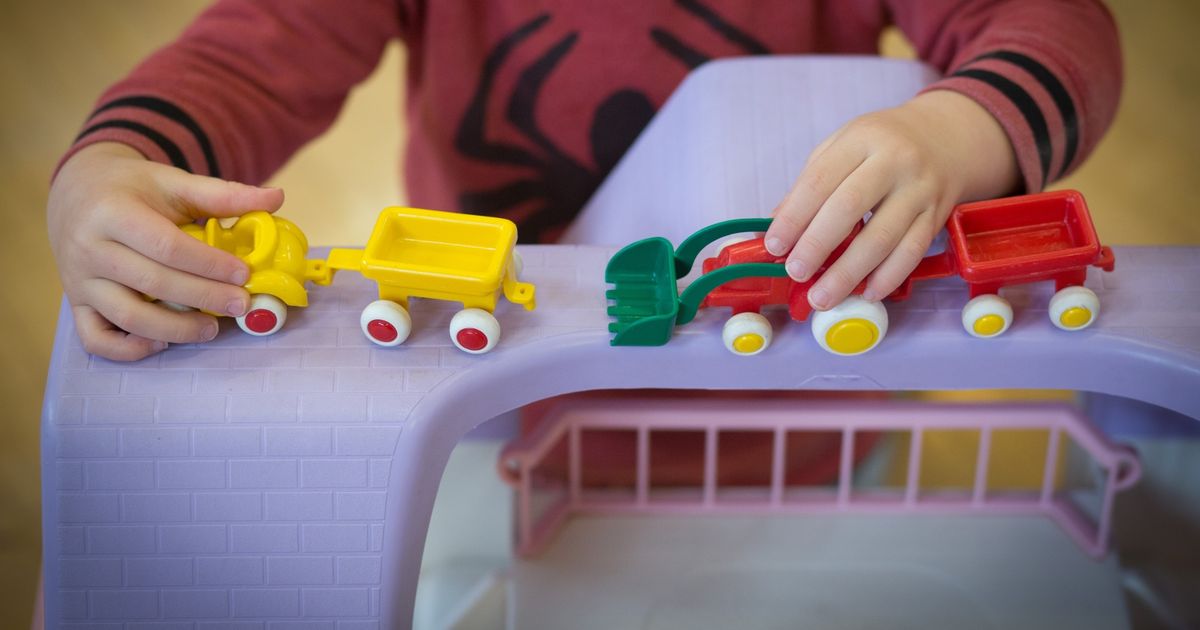The M.E.N. takes a look behind the scenes at the everyday life of those in our region tasked with protecting our children
06:52, 21 Apr 2025Updated 06:57, 21 Apr 2025
 The M.E.N. spoke to a social worker in the Greater Manchester area(Image: Getty Images)
The M.E.N. spoke to a social worker in the Greater Manchester area(Image: Getty Images)
Across a swathe of Greater Manchester, Ella no longer sees roads and rows of houses when she walks around. Every street reminds her of a child she once knew, and a situation where behind the tightly locked front door, life’s toughest problems play out.
She has been working as a social worker in the region for three years. In that time she has dealt with regular threats of violence, ‘shocking’ realities of the abuse faced by some children and countless families in crisis.
At a time where government estimates show 4.3 million children living in relative poverty across the country, the role of social services in supporting families and children has never been more vital.
But social workers are under increasing pressure. Studies from the British Association of Social Workers (BASW) show recruitment and retention is ‘one of the biggest challenges’ facing the profession, and nearly half of all respondents said they had been verbally abused whilst working.
Ella spoke to the Manchester Evening News about the reality of life as a social worker in Greater Manchester today. We are choosing not to use her real name or name the local authority she works for in order to protect her.
‘There’s days your phone doesn’t stop ringing with crises’
With typically around 15 children on her caseload at any one time, Ella’s days are busy.
Mornings can involve anything from planned meetings, attending family court to dealing with immediate crises that have come up overnight.
“Some mornings are good and everything goes to plan,” she says. “But there’s also days when you go in and your phone doesn’t stop ringing with crises.
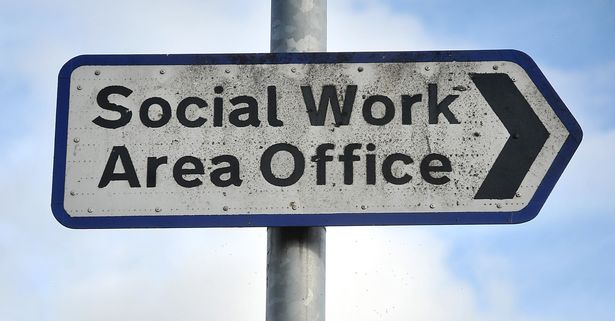 Ella’s days can often be dictated by crises(Image: Lennox Herald)
Ella’s days can often be dictated by crises(Image: Lennox Herald)
“For example, you might get a young person who has gone into hospital overnight and they won’t go home and you have to go to the hospital and get them to go home.
“You get really used to thinking on your feet.”
Each child’s case is reviewed every four weeks with the parents and other professional groups, so it isn’t uncommon for Ella to have at least one review a day.
Home visits, though, usually come later when a child has finished school. During a visit, Ella must make sure she sees the child, and try to speak to them by themselves.
“There is quite a lot of paperwork,” she said. “Everything that happens we have to record. The reason you record is if you go to court you need to be able to put your evidence together.”
‘I’ll end you’
Like many social workers, Ella says she often faces hostility from parents – particularly when she is delivering bad news. Data from BASW shows nearly 50 per cent of social workers have been verbally abused whilst working, and 24 per cent threatened with physical violence. Ella says she has experienced both.
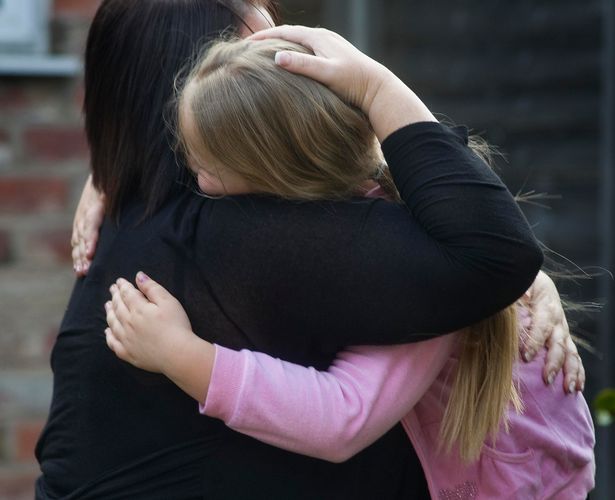 Ella says she has received threats of violence from parents(Image: BPM)
Ella says she has received threats of violence from parents(Image: BPM)
“I have had both of those and it’s not nice,” she told the M.E.N. “I’ve had threats to ‘end’ me or kill me or that they’ll get family members to beat me up.”
Join the Manchester Evening News WhatsApp group HERE
For Ella, the threats have never spilled into physical violence, and she said many of the families who are initially hostile go on to be ‘okay’ to work with. But the mental and emotional toll such intimidation wreaks is hard to shift.
“It does get to you,” she admitted. “Things like that feel just around the corner with some families. But it’s taken as a given that you are going to get those kinds of responses unfortunately.”
Despite the shocking abuse social workers face, Ella said there is little protection provided to them by local authorities. “I think I’ve had one personal safety talk in my career, and that was two years in,” she told the M.E.N.
“We don’t have proper security in our offices, and although there are lone worker schemes for other council employees we don’t have one.
“I think a lot more could be done to protect social workers.”
A ‘misunderstood’ profession
Ella believes much of the animosity she faces from parents comes from ‘fear’ and a ‘misconception’ of what a social worker’s intentions are.
“The main misconception in social work is that if there’s something wrong the child will be removed,” she said. “That’s so far from reality. Every social worker I know is trying to help people. They’re not there to make people’s lives harder.”
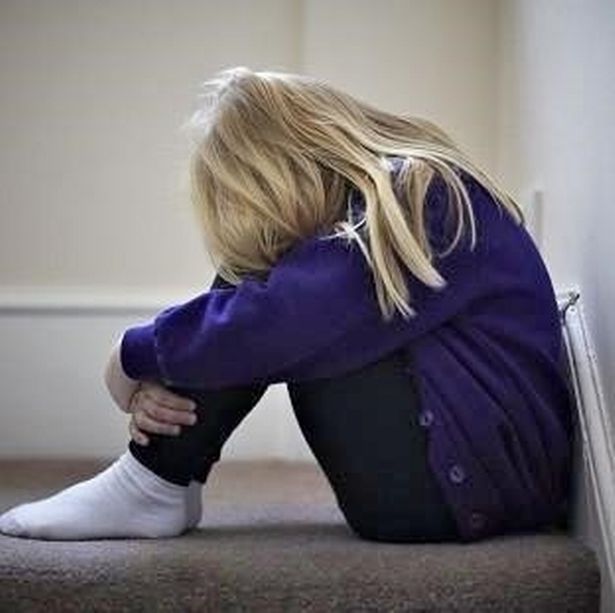 Ella said families are often so worried about removal it becomes a ‘barrier’ to useful work(Image: © 2014 Newsquest Media, all rights reserved)
Ella said families are often so worried about removal it becomes a ‘barrier’ to useful work(Image: © 2014 Newsquest Media, all rights reserved)
Removing a child from their family home is a drastic action only taken after lengthy court proceedings. It is something Ella says she has only ever done with the consent of parents, and is seen as a ‘last option’ when all other avenues have been unsuccessful.
But for those she works with, any involvement from a social worker can often feel like a looming threat of removal. As a result, she finds some families ‘coach’ their children, instructing them what to say to her.
“People are so afraid of removal that it becomes a barrier in itself to getting anything done,” she said. “For me, it’s really frustrating when parents script a child. It’s pretty easy to detect. A big part of my job is building trust, and it creates distrust.”
“Most cases get closed without removal, so it’s a successful intervention,” she said. “In nine out of ten cases that’s the story.”
Poverty plays a part
Ella says she works in an area of Greater Manchester ‘notorious’ for poverty – and it is a common thread that links almost every single family she works with.
“I do have families that work and are better off, but it’s rare,” she said. “It’s very common for there to be a level of poverty in cases.
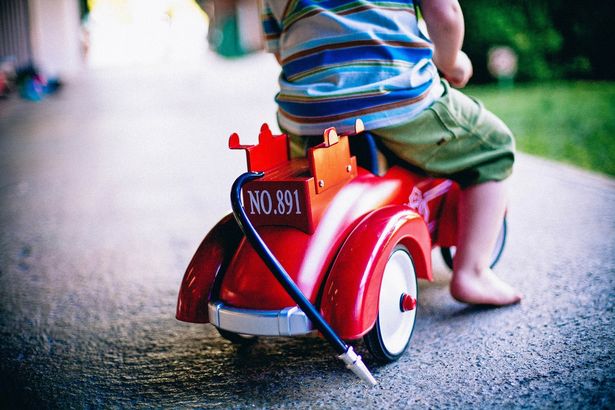 Ella said social workers work with other agencies to ensure children get the support they need(Image: Copyright Unknown)
Ella said social workers work with other agencies to ensure children get the support they need(Image: Copyright Unknown)
“Most families are struggling, and that’s massive.”
Her concerns are borne out in data. According to the NSPCC, in 2022/23, there were approximately 107,000 looked after children in the UK. In the last five years the population of looked after children in the UK has increased by eight per cent – something researchers from University College London (UCL) fear is due to rising levels of child poverty.
‘The worst nightmare is that a child dies’
While most interventions end successfully, sometimes they don’t – and the consequences for any missed opportunities in social work are as severe as they come.
“The biggest fear of any social worker is that a child will die,” Ella said. “It is the worst nightmare, missing something that you should have seen.
“You are trained to have a rationale for everything, and you do have to think about covering your own back. Because you know if something happens you’ll have to deal with it emotionally, and you’ll also be held responsible.”
A ‘very young’ workforce
Ella believes it is partly this stress that keeps retention levels in the job low. In the area she works, she has heard social worker retention is as little as two years.
“It’s a very young workforce, which means there’s a real lack of retained knowledge,” she said. “It also means progression happens extremely quickly. It’s a massive problem, and something I really notice in my work.
“Everyone notices when someone leaves because their cases just get passed to you.”
Long-term sickness is also a regular problem, according to Ella, with social workers having to take extended leave due to burnout and stress.
She told the M.E.N. that despite loving the job more than she ever imagined she would, she doesn’t see a long-term career in social work.
“I think I would find it hard to leave, but I also think the stress of a statutory role is tough,” she admitted. “Career social workers that I know are just married to their work really. It takes up so much emotional energy.”
